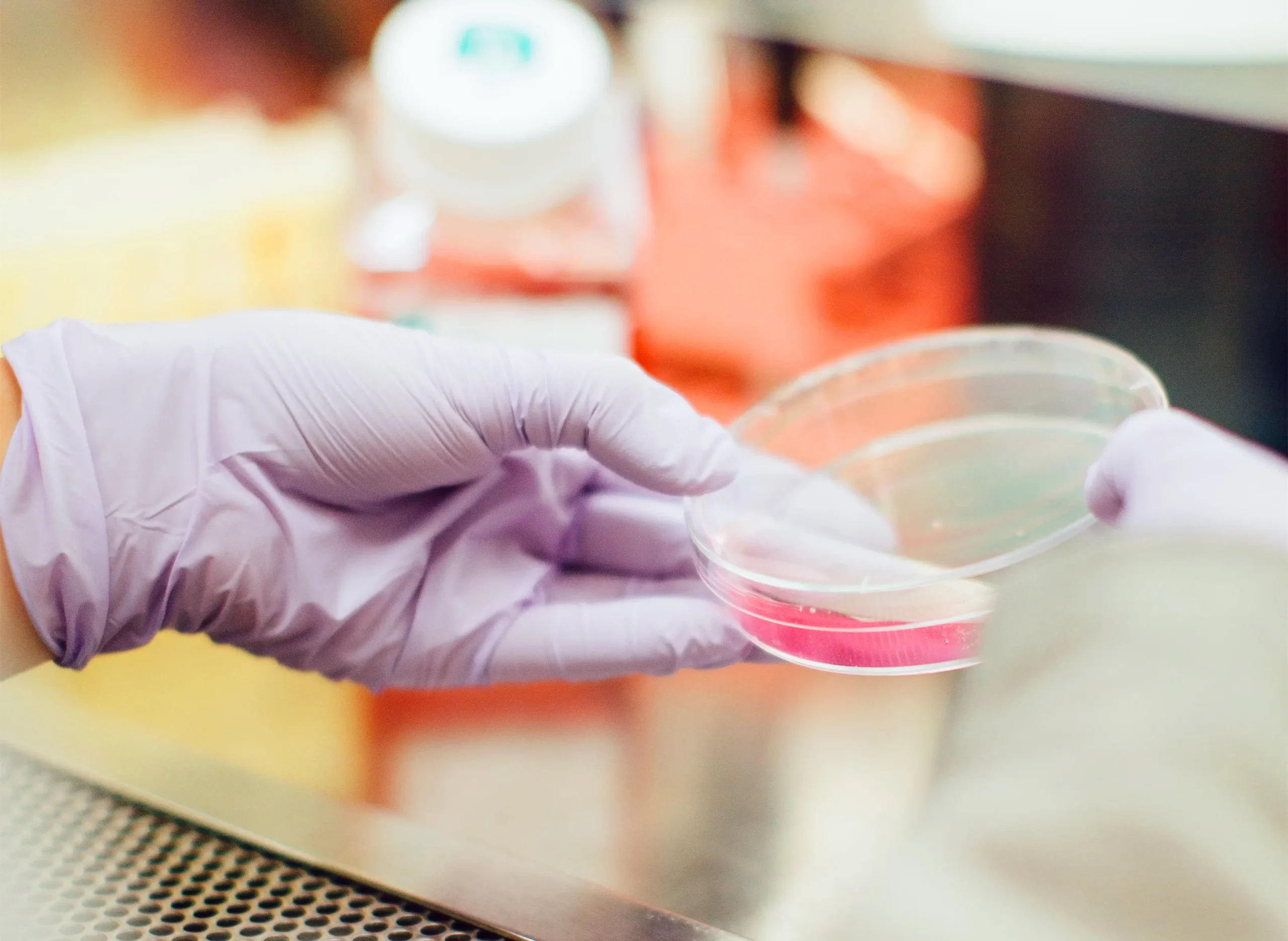Why Bio-pharmaceutical Wastewater Needs Treatment

Bio-pharmaceutical is a method of producing drugs using biotechnology, widely used in the pharmaceutical industry. With the continuous development of the bio-pharmaceutical industry, the treatment and recycling of wastewater have become a hot topic in the industry. The importance of treating bio-pharmaceutical wastewater is self-evident, and the following will explore why bio-pharmaceutical wastewater needs to be treated from multiple perspectives.
Firstly, bio-pharmaceutical wastewater contains a large amount of harmful substances, such as residual drug components, organic matter, pathogens, etc. If these harmful substances are directly discharged into the environment, they will pollute the water quality, threaten the survival and health of aquatic organisms. At the same time, these harmful substances may enter the human body through the food chain, posing a risk to human health. Therefore, treating bio-pharmaceutical wastewater by removing or reducing harmful substances to safe concentrations is of great significance to the environment and human health.
Secondly, untreated bio-pharmaceutical wastewater may also have an impact on the sustainable use of water resources. Direct discharge of untreated wastewater into water bodies can cause eutrophication, sediment corrosion, and pollution of water and soil resources, not only reducing the water supply but also damaging the balance and stability of aquatic ecosystems. In order to protect the sustainable use of water resources, it is necessary to treat bio-pharmaceutical wastewater scientifically and reduce adverse impacts on water resources.

Additionally, untreated bio-pharmaceutical wastewater may also have an impact on the accumulation and transfer of pollutants. Untreated wastewater may contain some harmful substances that can deposit, transfer, and transport in the environment, causing “secondary pollution” in the environment. To avoid the secondary pollution of harmful substances in wastewater on the environment and ecosystems, systematic treatment of wastewater is necessary to reduce the emission and release of harmful substances.
Furthermore, treating bio-pharmaceutical wastewater is not only beneficial for environmental protection but also for resource recycling. Bio-pharmaceutical wastewater contains a certain amount of organic and inorganic substances, which can be recovered and utilized through appropriate treatment technologies. During the wastewater treatment process, organic substances can be removed or converted into useful energy or chemical raw materials through techniques such as biodegradation and membrane filtration, realizing resource recycling and providing sustainable new energy for the environment.
In conclusion, the treatment of bio-pharmaceutical wastewater is an important environmental protection work. By treating bio-pharmaceutical wastewater properly, environmental pollution can be reduced, water resources can be protected, harmful substances can be prevented from secondary pollution, and resource recycling can be achieved, promoting sustainable development of the environment. Therefore, we should pay great attention to the treatment of bio-pharmaceutical wastewater, take effective measures to reduce the impact of bio-pharmaceutical wastewater on the environment and human health, and contribute to building a beautiful home together.
